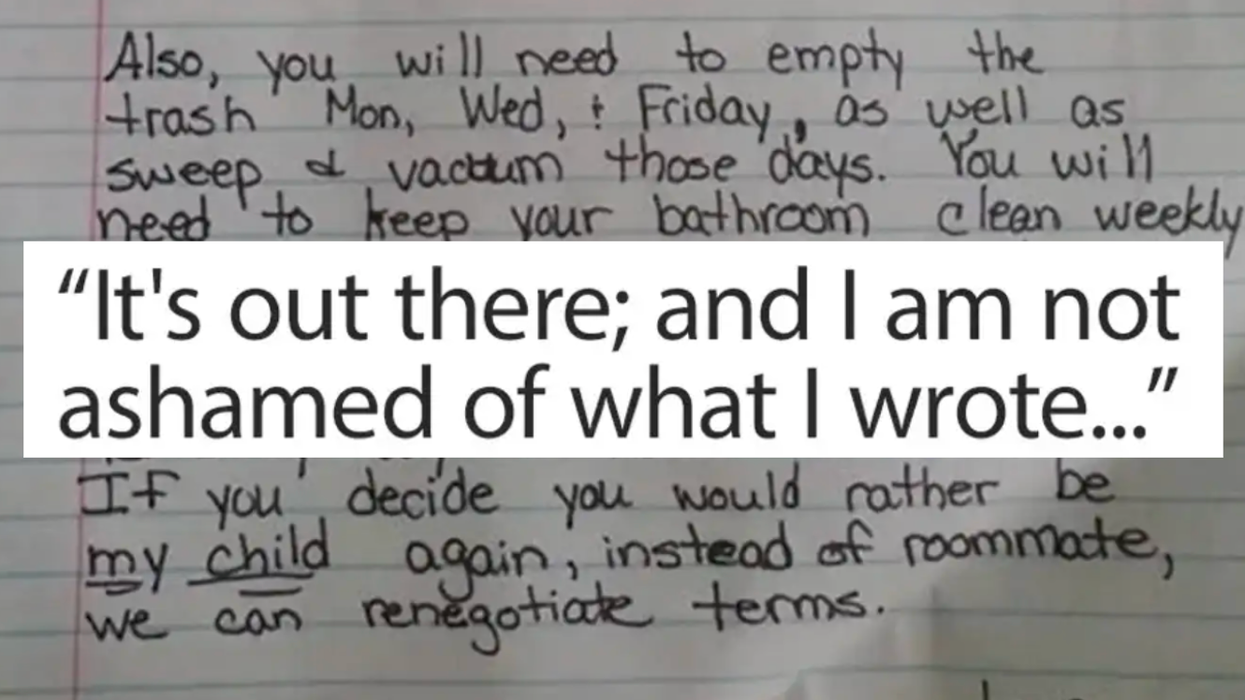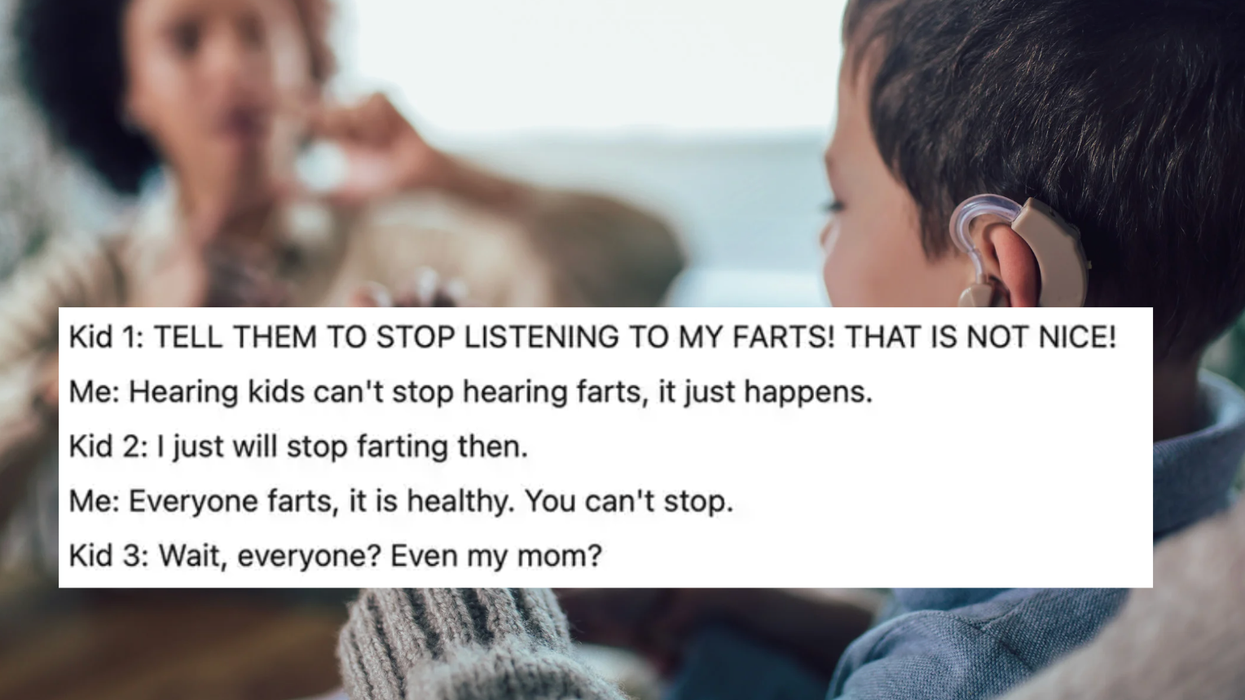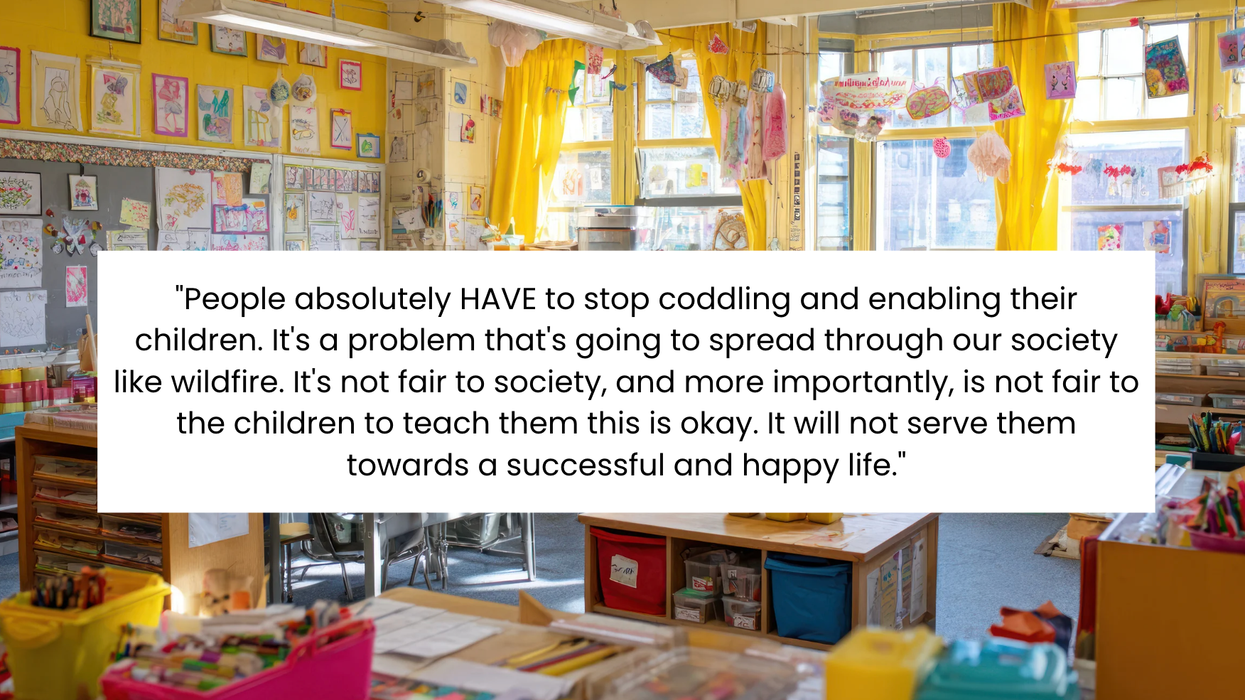With the instant-access attraction of the internets, libraries are slowly heading for either the digital or the dinosaur age. Pages are no longer flipped, but clicked. And while no one endorses Bradburian book burning, paperbacks, textbooks, and the like are beginning to take an uncomfortable backseat:

One step toward a predominately digital future is the idea of free, online textbooks. Currently, college students spend an average of $900 per annum on soon-to-be-dated textbooks (let's be honest, the different editions are near verbatim copies with new covers). This fall, Flat World Knowledge offers free, peer-reviewed textbooks written by actual academics. Besides the ka-ching sound made by broke students, the open-source platform frees professors to customize the textbooks as well as add timely video and audio clips.
Valerie Madill, on the other hand, offers a step in the opposite direction. She proposes color-coded book sleeves for the hush-hush establishment's dusty shelves. Part of her easy-on-the-eyes classification system, the subject-sorted sleeves provide the book's bibliography without the hassle: edition, editors, and even the MLA formatting of the title are neatly sectioned.
Chair photo via Boing Boing.
















 Otis knew before they did.
Otis knew before they did.